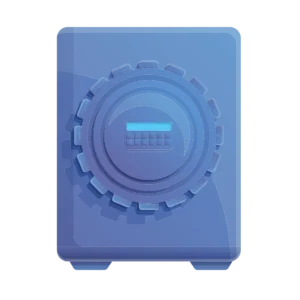Foreign interference cyber attacks have become a growing concern for governments around the world, with Australia and New Zealand area being no exception. Both are countries with a strong economy and valuable resources, and both have recently become a target for cyber espionage. These attacks come from foreign entities seeking to gain access to sensitive information or disrupt critical infrastructure.
One of the most high-profile incidents of foreign interference in New Zealand occurred in 2021, when the country’s intelligence agency, the Government Communications Security Bureau (GCSB), revealed that it had detected and disrupted a major cyber attack on the country’s financial system. The attack, which was attributed to a foreign actor, was a sophisticated and a highly targeted effort to disrupt New Zealand’s economy.

Phil McKee, acting Director-General of NZSIS says “Foreign interference should not be tolerated. It is deliberately calculated and has the intent of undermining our democracy and the values we hold dear.” and “the problem is serious but there are steps we can take to make ourselves harder targets for this sort of activity. One of the most effective ways we can counter foreign interference is by shining a light on it. If more people are aware of foreign interference, including the tactics used and the goals a foreign government is trying to achieve, then it will struggle to maintain a foothold in Aotearoa.”
In Australia in 2023, the AFP (Australian Federal Police) revealed that they had arrested an Australian man as part of a Counter Foreign Interference Taskforce in partnership with ASIO. It is alleged that the man compiled reports and other intelligence regarding Australia’s defence, economic and security protocols, and accepted money for these from two individuals who worked for a foreign intelligence service.
Mike Burgess, Director-General of Security at ASIO said in the latest threat assessment report, that “Australia is facing an unprecedented challenge from espionage and foreign interference and I’m not convinced we, as a nation, fully appreciate the damage it inflicts on Australia’s security, democracy, sovereignty, economy and social fabric.”
To combat this threat, in 2020, the government launched a cyber security strategy aimed at protecting the country’s critical infrastructure, strengthening its ability to respond to cyber threats from foreign or state-sponsored origins, and to promote greater cyber security awareness and education among the public and private sectors.

Despite this, there have been a growing number of cyber attacks targeting government agencies, critical infrastructure, and private sector companies. These attacks have come from a range of sources, including foreign actors, criminal groups, and individual hackers.
Steps that government employees can take:
- Don’t send intellectual property or confidential reports to unknown entities online or offline.
- Practice social media hygiene
- Enable MFA (Multi Factor Authentication) on all accounts
- Don’t install software or executables on employer owned assets
- Conduct due diligence checks for all partnerships
- Always scan your emails for SCAM (check Sender, Content, Actions required, Manage)
The threat of foreign interference is likely to remain an ongoing challenge, as cyber criminals and state-sponsored actors continue to develop new tactics and technologies. To counter this threat, it will be essential for countries to remain vigilant and proactive in their approach to cyber security, investing in cyber security awareness training, and best practices.
For a more thorough look at how to avoid foreign interference scams, check out our new courses on Countering Foreign Interference or contact the team for a personalised demo today.

